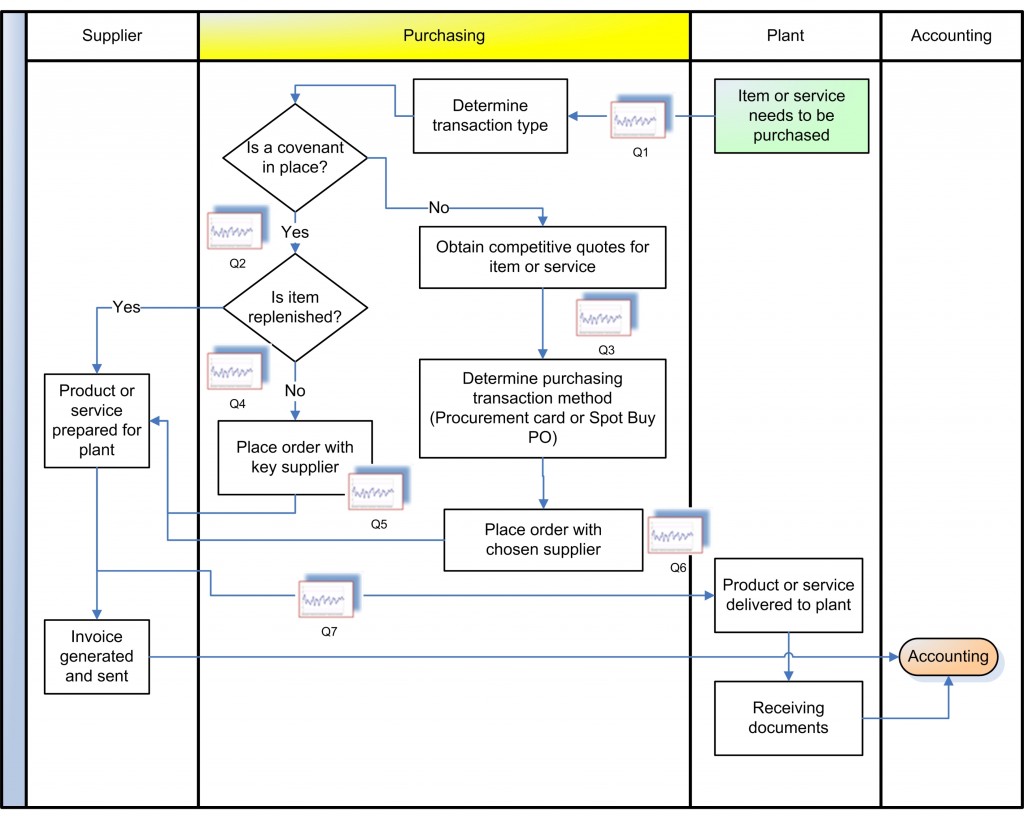
Being busy is considered by many to be a virtue. People may be giving their businesses 200% of effort. But in reality, being busy as you work through a shopping list of “to do” tasks can be the opposite of virtuous. How? Because it can lead to wasting time on the wrong things, unproductive multi-tasking and therefore a waste of money and other precious resources. Meanwhile, what you are trying to achieve recedes further into the distance. What could be more frustrating?
The mental habit you need to break
Being busy is a mental habit. It feels right and many people would feel naked without a “full plate” of things to do. The problem is that best efforts are not sufficient. We need to train our brains to work better to make the most of the time we have. When we learn how to do this, we can achieve our goals and still have time for family, food, sleep and relaxation. All of these things will actually make us more productive.
Working around a constraint/leverage point
No matter how smart the technology is that you use to assign tasks and get stuff done, science teaches us that every system has a constraint, and when we learn to leverage that constraint, we can obtain the maximum output. The amazing thing is that you can actually decide what that constraint/leverage point is in your business/startup/organization and design all of your efforts around it. That’s why it’s a leverage point. Find the right leverage point and you can lift a ton of weight that would otherwise be impossible.
Work is about flow and interdependencies
How do we do this? First, by mapping out all the processes that are part of our work, seeing who does what. If you think this is time consuming, you have no idea of how much time you are wasting by not optimizing your work flow around a constraint, but we can assure you that it’s A LOT. Just by doing this mapping you will realize that your processes can easily be improved from the way they are now. This is an effort that requires input from all those involved in the work that is being mapped.
Choose your constraint/leverage point
Now you decide where the constraint/leverage point is going to be. Do this strategically and you will have much greater control over the organization. For example, a technology startup could decided to place the constraint/leverage point in software production. This means that ALL the other processes, such as accounting, marketing business development etc. need to be designed to allow software production to work to full capacity because the constraint/leverage point determines the speed of output of the entire system. This strategy choice will affect every aspect of work and, of course, how money is spent.
Multitasking is robbing you of time and money
When you organize around a constraint, then prioritizing other actions becomes second nature. It makes no sense to chew your way through a list of tasks, trying to do several things at once. What you need is focus, and this is supplied through choosing and working around the constraint. Anything else leads to a loss of focus, wasted energy and burnout. Dr Eli Goldratt developed a superior form of Project Management that allows organizations to work with finite capacity. It’s called Critical Chain and when used appropriately it guarantees that projects are delivered on time and within budget. Multitasking is kryptonite for Critical Chain and working with Critical Chain provides positive reinforcement for the right kind of thinking and use of resources that leads to reliable results.
There are only so many hours in a day. Working with a constraint/leverage point will allow you to use those hours in the wisest, most productive and most satisfying way. It will make you save money. And it will leave you time to think and use your brain constructively, and that is probably the most precious resource of all.
The Intelligent Management Partners are trusted advisors to leaders of organizations. We blog about how to shift your thinking towards broader, systemic possibilities for yourself and your organization. Sign up to our blog here. Intelligent Management provides education and training on systemic management, W. Edwards Deming’s management philosophy and the Theory of Constraints (Decalogue methodology) in North America and Europe.
See our new books The Human Constraint – a business novel that has sold in 27 countries so far and ‘Quality, Involvement, Flow: The Systemic Organization’ from CRC Press, New York. by our Founder Dr. Domenico Lepore, Dr. .Angela Montgomery and Dr. Giovanni Siepe.







Leave a Reply